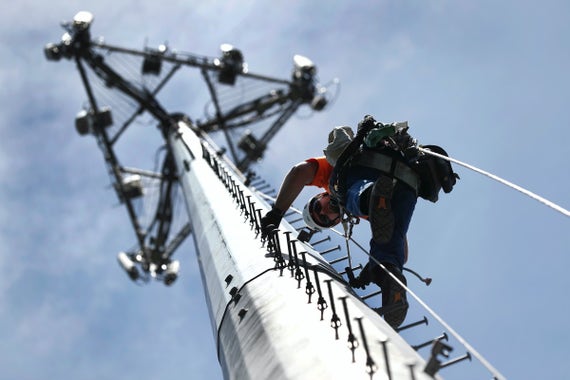Wi-Fi harms bees. Do people care about this? Should there be counter actions in the EU?
cross-posted from: sopuli.xyz/post/7625705
According to the linked article, 72 studies suggest that wi-fi radiation harms/kills #bees – and by some claims is a threat to their continued existence. I suppose if extinction were really a likely risk there would be widespread outrage and bee conservationists taking actions. It seems there is a lack of chatter about this. This thread also somewhat implies disinterest in even having wi-fi alternatives.
In any case, does anyone think this is a battle worth fighting? Some possible off-the-cuff actions that come to mind:
- ban the sale of wi-fi devices bigger than a phone in Europe¹ if they do not also comply with these conditions:
- include an ethernet port as well. So e.g. macbooks would either have to bring back the ethernet port or nix wi-fi (and obviously Apple wouldn’t nix Wi-Fi).
- have a physical wi-fi toggle switch on the chassis (like Thinkpads have)
- force public libraries with Wi-Fi to give an ethernet port option so library users at least have the option of turning off their own wi-fi emissions.
- ban the sale of Wi-Fi APs that do not have:
- a configurable variable power setting that is easily tunable by the user; maybe even require a knob or slider on the chassis.
- bluetooth that is internet-capable
- force phones that include wi-fi to also include bluetooth as well as the programming to use bluetooth for internet. Bluetooth routers have existed for over a decade but they are quite rare… cannot be found in a common electronics shop.
Regarding bluetooth, it is much slower than wi-fi, lower range, and probably harder to secure. But nonetheless people should have this option for situations where they don’t need wi-fi capability. E.g. when a phone is just sitting idle it could turn off wi-fi and listen over bluetooth for notifications.
I suspect the 1st part of this quote from the article explains the lack of concern:
“The subject is uncomfortable for many of us because it interferes with our daily habits and there are powerful economic interests behind mobile communication technology.”
- I say /Europe/ because it’s perhaps the only place where enough people would be concerned and where you also have the greatest chance of passing pro-humanity legislation (no “Citizens United” that human needs have to compete with).


Add comment